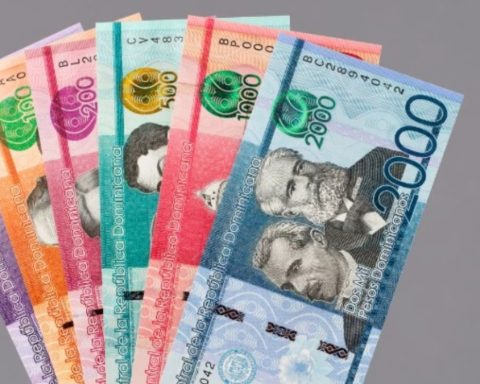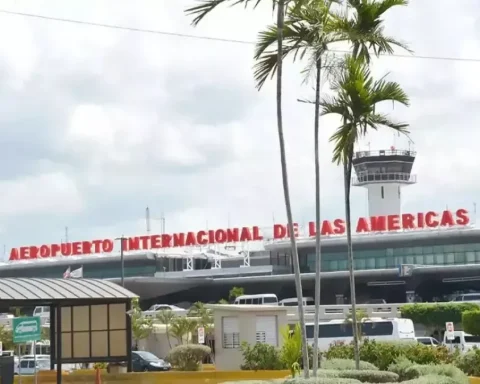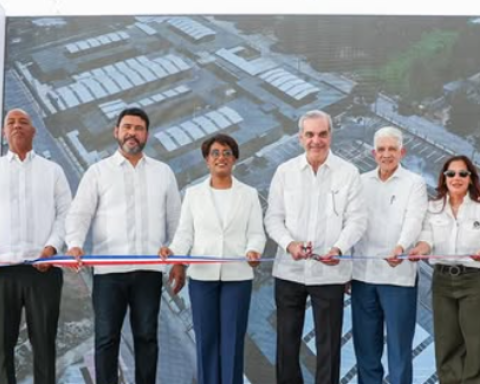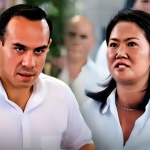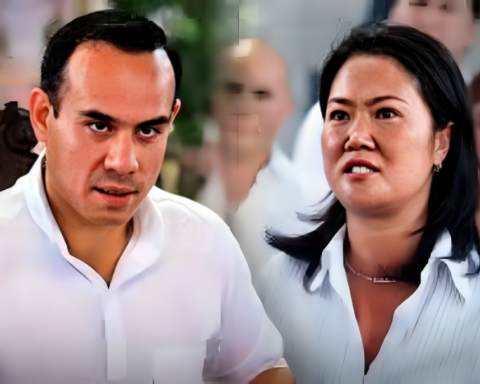The Minister of Finance, José Manuel “Jochi” Vicente, presented this Monday the Government’s fiscal reform proposals in La Semanal con la Prensa, headed by President Luis Abinader, from the National Palace, where he also detailed what the project contemplates. on advance payment.
As part of the reform we have decided to restructure the Income Advance. Natural persons and
Microenterprises will not have to pay advances on income. In the case of companies
small and medium-sized companies, the advance will be only 40% and 60% of the profits reported in the
previous period, respectively,” indicated the minister.
Vicente also said that payments for these companies will be quarterly (instead of monthly). Additionally, it is being established that all micro and small businesses will be exempt from paying the Income Tax applicable to legal entities in the sworn declaration of their first three fiscal years.
Regarding the incentive laws of the productive sectors, he stated that it is useful in
certain circumstances. «For example, when an economy depends heavily on a
sector and needs to diversify. This is no longer the case in the Dominican Republic given that our
economy is well diversified. Another reason may be to attract investments to sectors
specific. Or when a country wants to attract the adoption of new technologies that do not exist in the
local economy. Regardless of these considerations, an incentive law cannot be
eternal,” he said.
He explained that the incentives are to help companies establish themselves or offset certain costs for a reasonable period while they become profitable. But it turns out that the vast majority of those laws
They have been enacted for decades, he recalled. «For example, the Confotur (tourism) law dates from 2001.
«The Film Law is from 2010. The Border Development Law from 2001. The Competitiveness Law
and Industrial Innovation of 2007. The Textile Chain of 2007. All these laws have driven
sectors that needed support when they were enacted. It is extremely difficult to justify
the permanence of a law for a certain sector for periods greater than ten or fifteen years.
Additionally, these sectors already register levels of profits from their operations that make
The continuation of these incentives is questionable,” he said.
In that sense, he said: “We have carried out an in-depth analysis of the cost/benefit of each of these laws and as part of the reform, adjustments will be made to each of them. As I mentioned previously, some incentives do not need to be maintained and others will be maintained with some modifications.
«Specifically, preferential tax treatments for the tourism sector are being repealed,
cinema, the industry, the textile chain, those related to trusts and those related to
the law of patronage. The ITBIS BONUS and certain exemptions for project-oriented trusts
of low-cost housing will be maintained due to their importance in the development of that segment
of housing, which is a strategic axis of our government,” he explained.
In the case of incentives for free zones, Vicente said that adjustments will be made related to the operating companies of free zone parks, which in their essence are rental companies.
real estate and provision of certain services.
«On the other hand, free zone companies that sell to the local market will be able to choose between making a sworn declaration for the benefits of their sales to the local market or paying 5% of them as a presumption of income tax. A similar treatment will operate for logistics companies,” he added.
Regarding the Border Development Law, the Government proposes modifications to guarantee that the
same be used for investments greater than the equivalent of US$5,000,000 and that maintain
a payroll of no less than 100 permanent zone employees throughout the operation of the
company. The exemption on taxes on fossil fuels will be limited to those companies that
sell their energy to the national interconnected electrical system.

